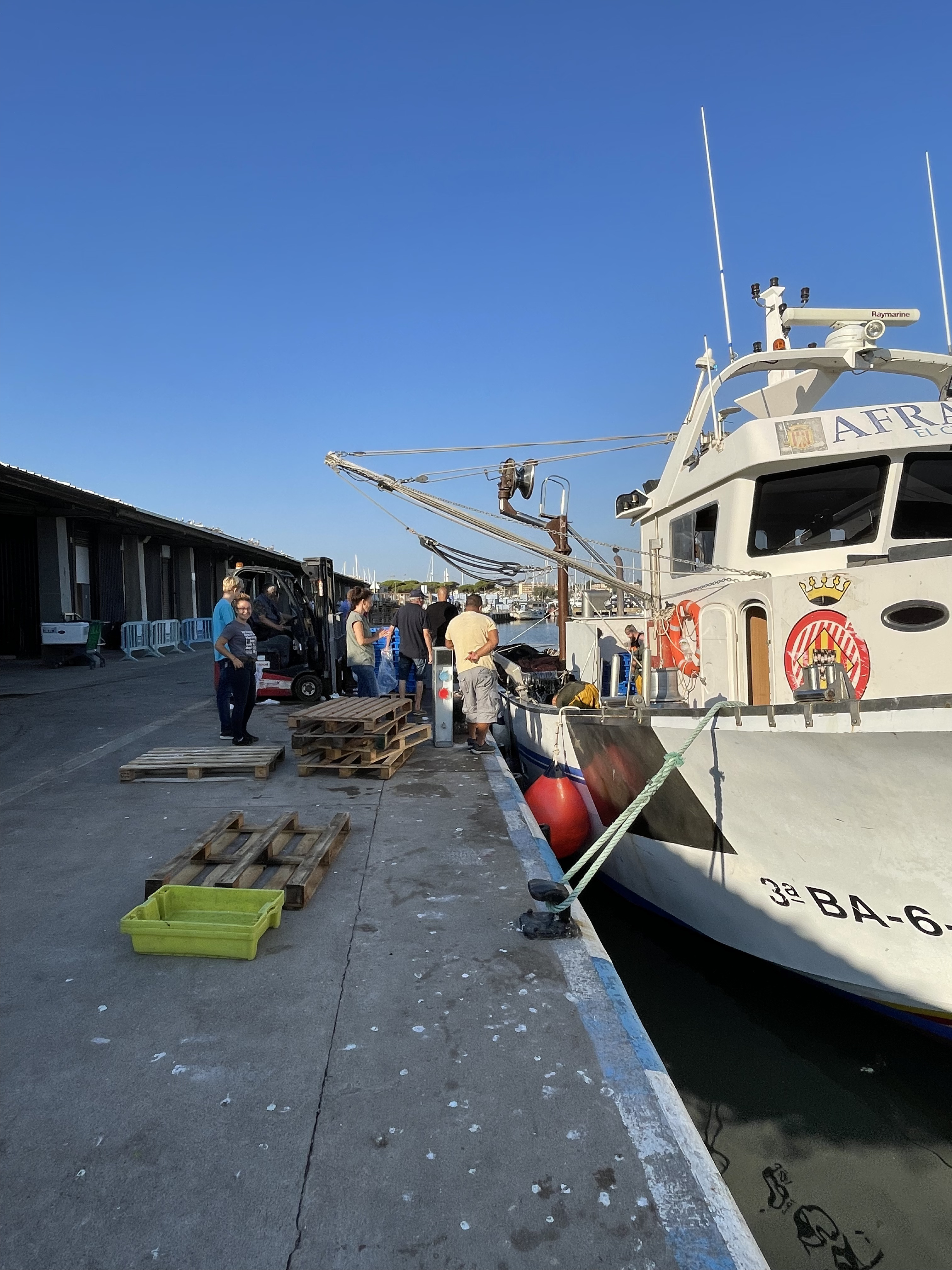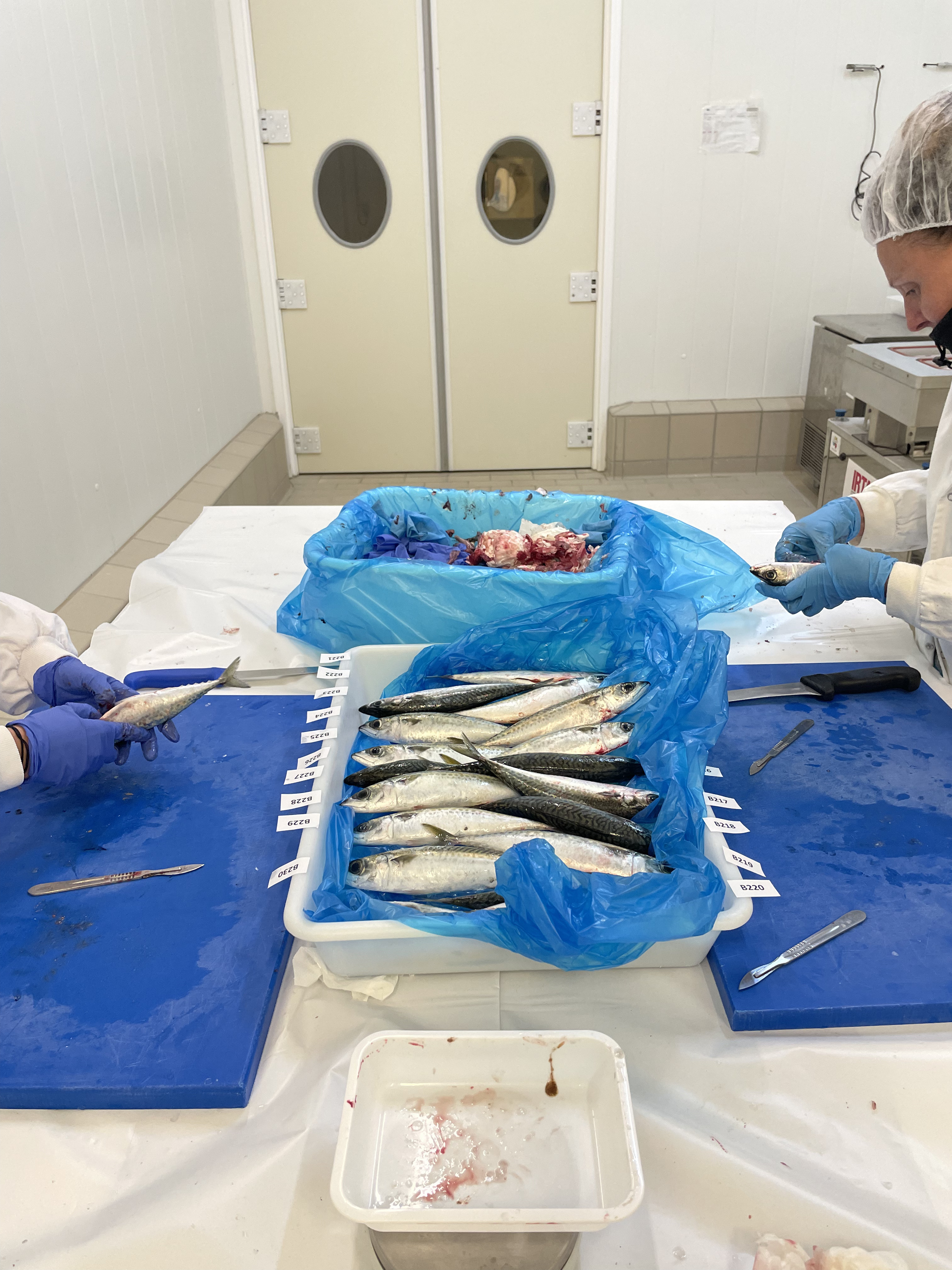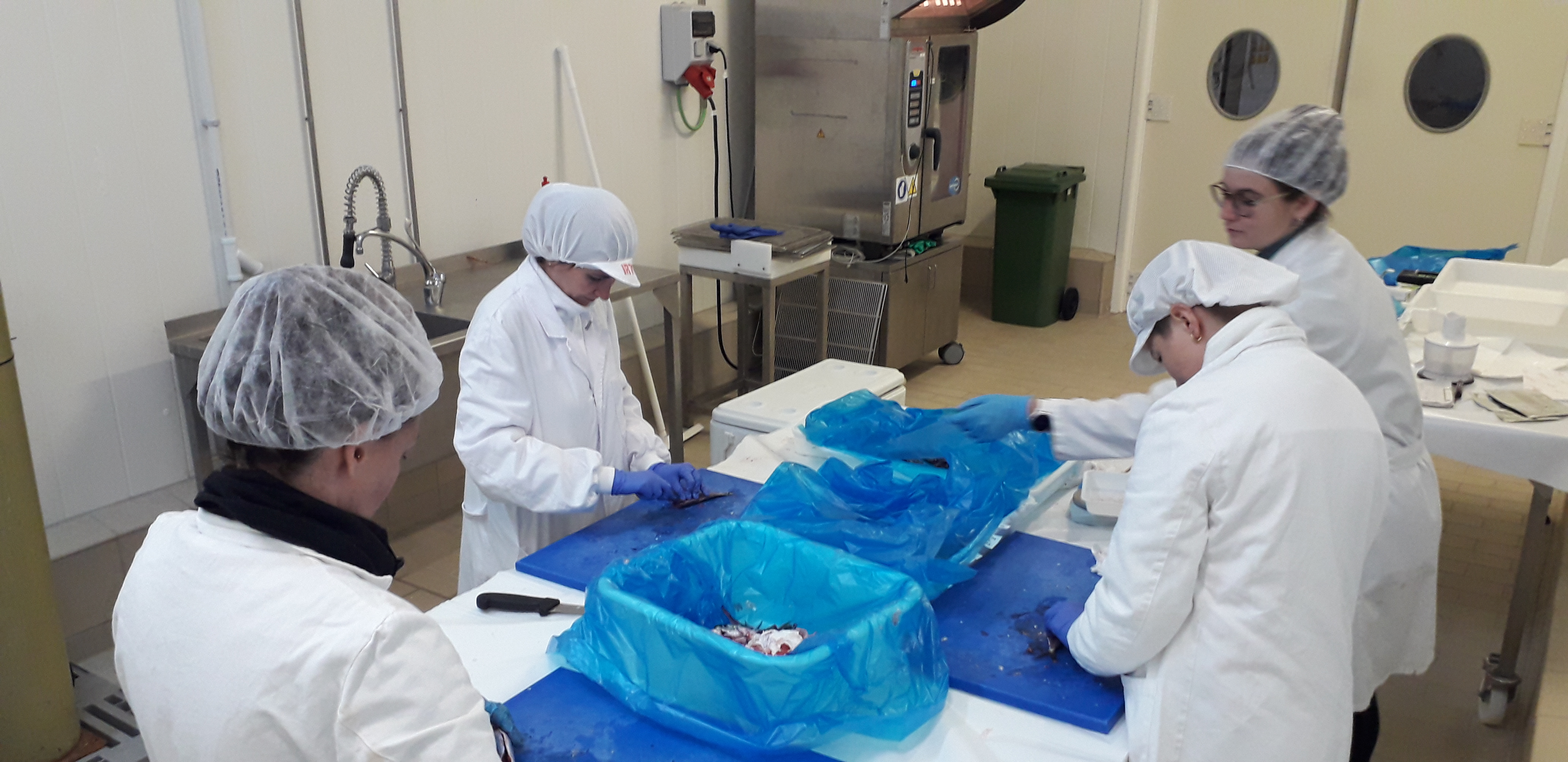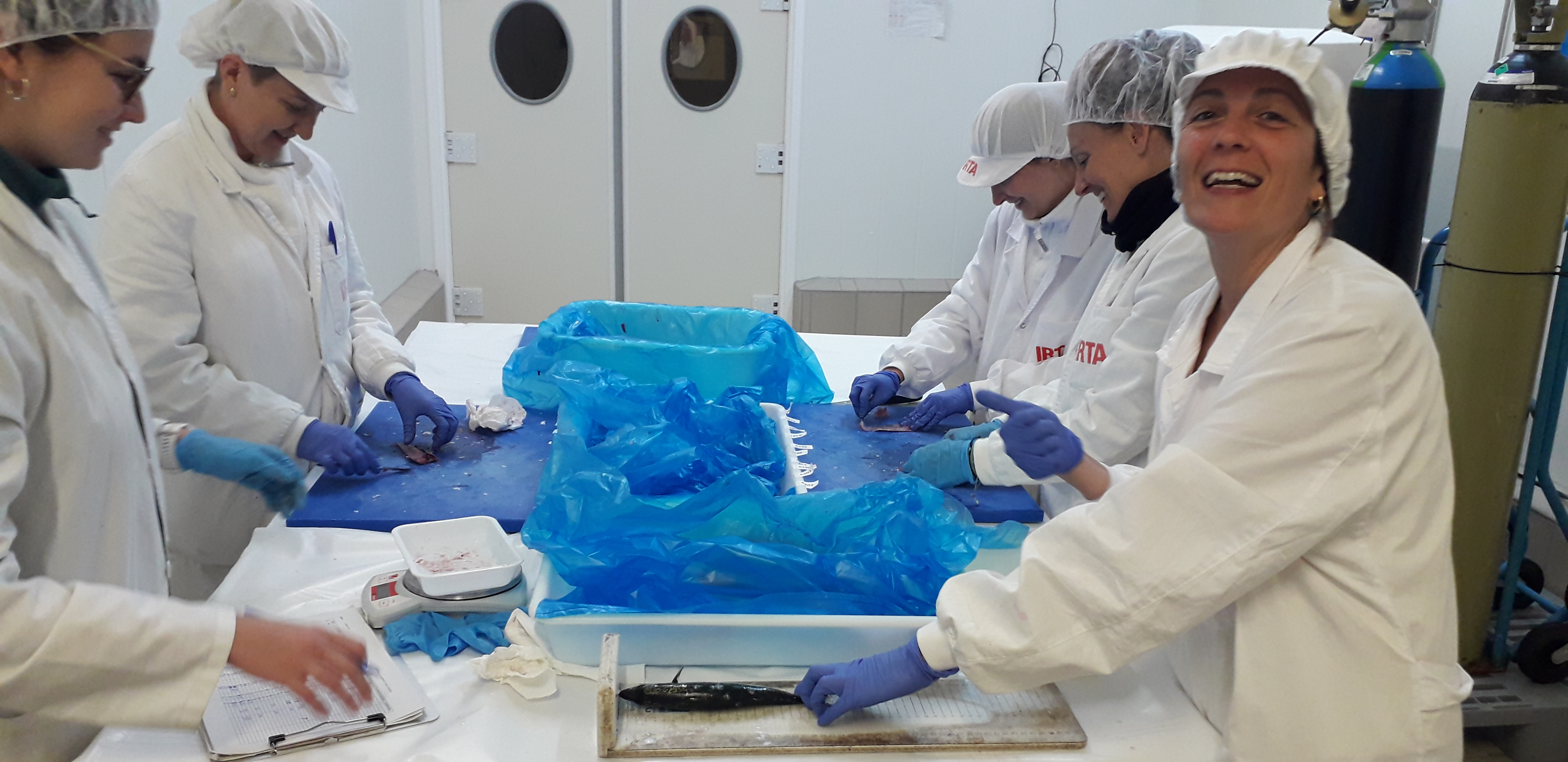The project
This GALP project has evaluated 15 warm-water species (thermophilic species) that, due to the warming of the sea waters due to climate change, are increasing in abundance and are being captured in ever greater quantities on the Costa Brava.
This study aims to contribute to improving the competitiveness of the Costa Brava fishing sector with species that currently have a low or null market value because the consumer does not value them. The best ways to take advantage of these species in a sustainable and healthy way have been analysed, through a diagnosis of each one of them to obtain information on their distribution, the state of their population in the Catalan Sea, their fishery and the amount of Omega 3 fatty acids they provide us, as well as the possible risks to human health (parasites, heavy metals, etc.). To make them known to the population, a booklet has been made with recipes on how to cook them and demonstration gastronomic workshops have also been held in the Roses Gastronomic Classroom, some sheets to make them known to buyers and talks in various high school institutes of the Girona province in collaboration with cooks and fishermen.
Thermophilic species are often underexploited and normally on the way to expansion (precisely because the increase in water temperature favours their growth, condition and reproduction), so promoting their consumption can contribute to diversifying the consumption of spices and take "pressure" off traditional species. They are also species that are often discarded, so that the valorization of their consumption should contribute to compliance with the "Landing Obligation" regulations of the European Union.
